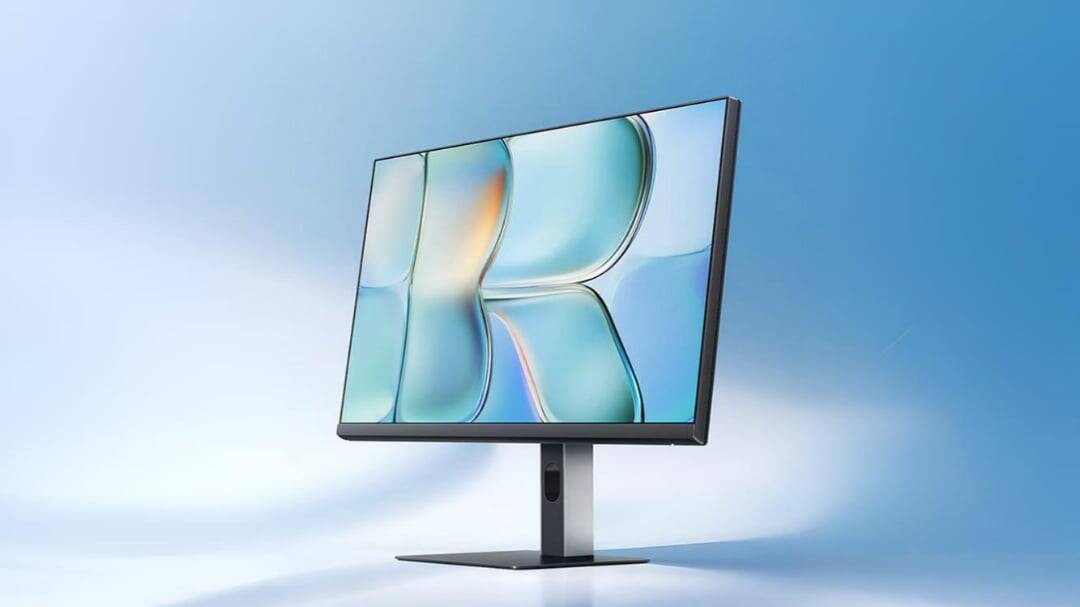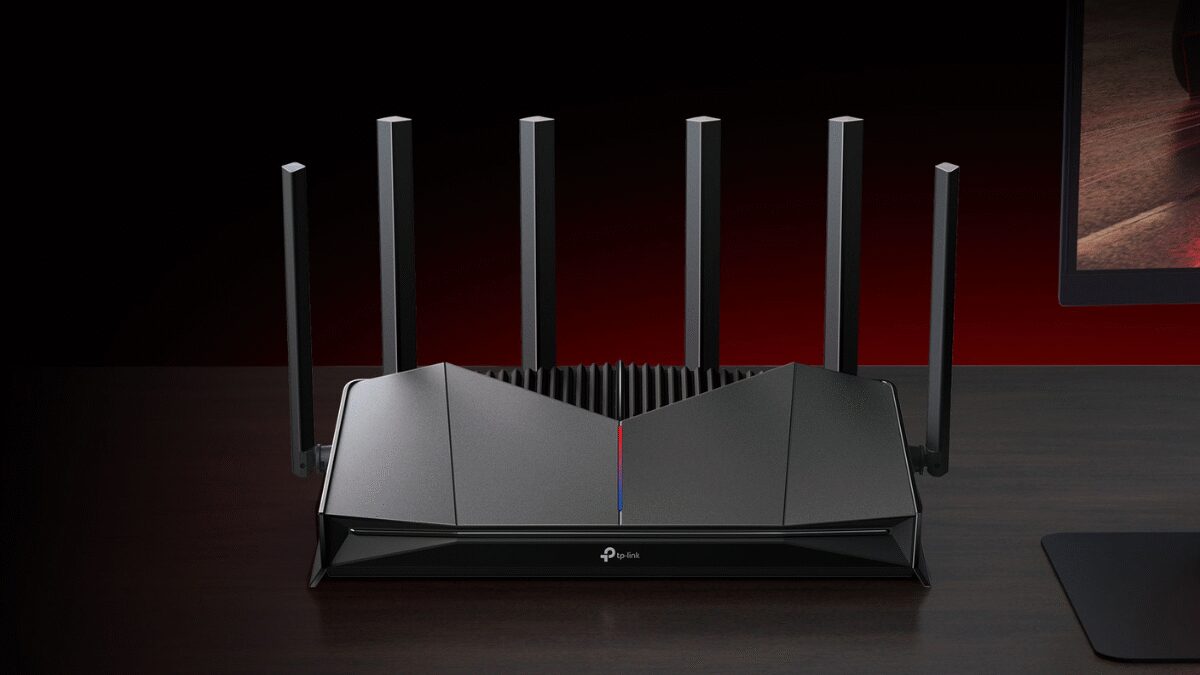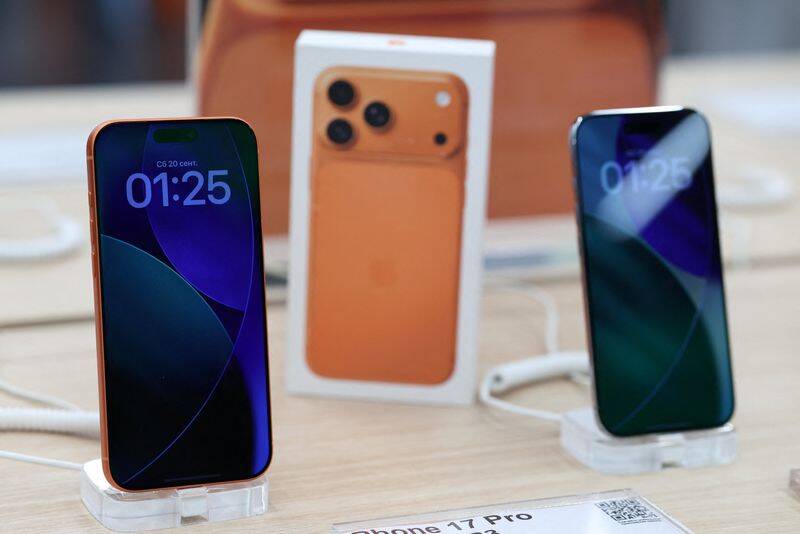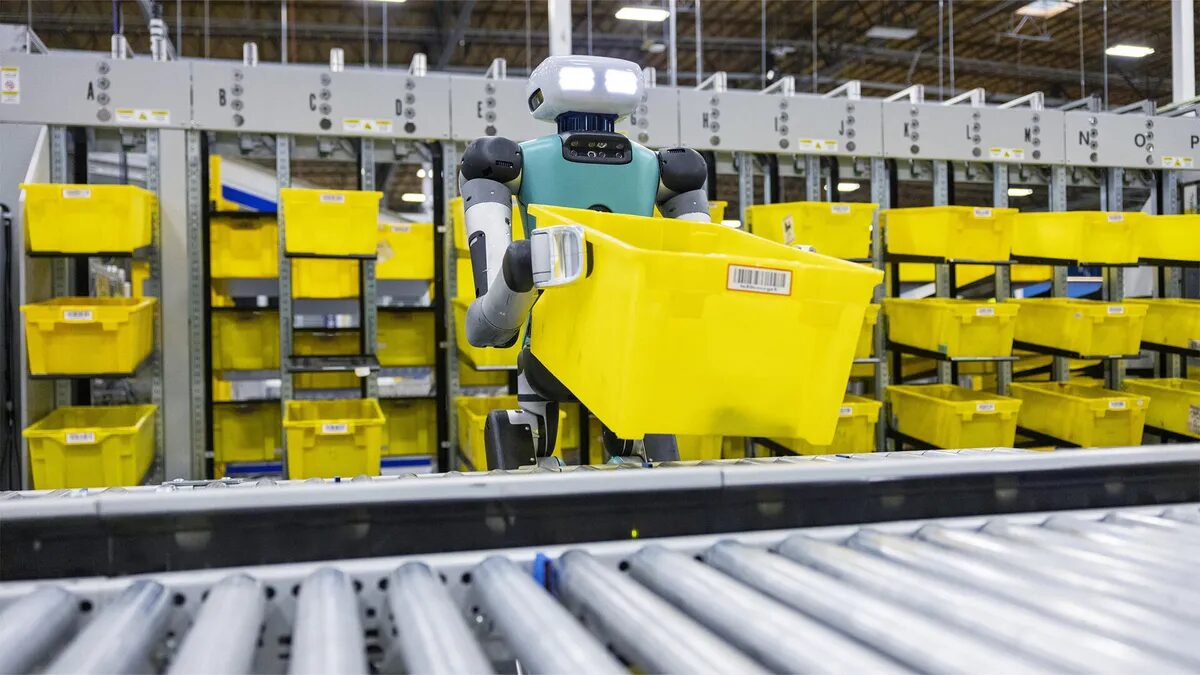Trump slapped duties on smartphones and electronics – Apple exhaled

The Donald Trump administration has temporarily exempted a number of categories of tech, including smartphones, laptops and other electronics shipped to the U.S. mostly from China, from high import duties. The decision was an unexpected relief for companies such as Apple and Dell, whose products rely heavily on foreign components.
The decision comes as a surprise relief for companies such as Apple and Dell, whose products rely heavily on foreign components.
U.S. takes a step back in trade war
According to an official notice from U.S. Customs and Border Protection, the exemptions began on April 5 and cover 20 product categories. Among them is code 8471, which includes computers, laptops, data storage devices, as well as semiconductor components, memory chips, and display panels.
According to the official notice, the exemptions began on April 5 and cover 20 product categories.
The reasons for the abrupt elimination of the tariffs were not given, but the effect of the decision is clear: For U.S. technology companies, it’s a major cost savings and a chance to ease logistics amidst global supply chains under pressure.
China reacts: “Small step to righting wrongs”
China’s Ministry of Commerce issued a statement calling Washington’s decision “a small but important step toward correcting its misguided practice of unilateral «reciprocal duties».” The Chinese side, however, is calling on the U.S. to completely eliminate the tariffs imposed as part of the trade confrontation.
“The bell around the tiger’s neck can only be removed by the one who hung it,” the Chinese statement said, emphasizing the need for the U.S. to reconsider its policy on Chinese imports.
“The bell around the tiger’s neck can only be removed by the one who hung it,” the Chinese statement said.
Which goods are subject to exclusion and why it matters
The exemption applies not only to Chinese goods, but also to products from other countries. In particular, duties on semiconductors from Taiwan and iPhones manufactured in India have been removed. That significantly reduces the cost of imports, especially for Apple, which, according to Reuters, recently arranged for 600 tons of iPhones to be shipped on charter flights from India to the U.S. in an attempt to circumvent previous tariff restrictions.
Smartphones (valued at $41.7 billion) and laptops ($33.1 billion) were among the largest items of U.S. imports from China in 2024, according to the U.S. Census Bureau.
Domestic pressure and a new threat – the chip investigation
A White House spokesman said the easing only applies to “reciprocal” duties, previously increased to 125 percent. Other tariffs, such as the 20 percent levy imposed under the pretext of fighting fentanyl, remain in place.
In the meantime, Donald Trump announced a new national security trade investigation that could lead to additional restrictions on semiconductors. White House spokeswoman Caroline Leavitt emphasized that the U.S. can no longer rely on China for critical manufacturing.
Technology companies welcome the decision, but the market is nervous
Wedbush Securities analyst Dan Ives called the tariff repeal “the most positive news over the weekend.” He noted that Apple, Nvidia, Microsoft and the entire tech industry will be able to breathe a little before the new week. However, uncertainty remains high in the negotiations between the U.S. and China.
Markets reacted contradictorily: stock indexes ended the week higher, but US government bond yields hit their highest since 2001 and gold hit an all-time record. All this signals a loss of confidence in the financial policy of the United States on the background of tariff instability.
Trump’s policies and the split in the Republican Party
Although Trump has said he feels comfortable with high tariffs and is in contact with President Xi Jinping, there is growing discontent within the Republican Party. Some within the party fear that trade policy could cost the party control of Congress in the next midterm elections.
Some of its representatives fear that trade policy could cost the party control of Congress in the next midterm elections.
The tariff agenda was a key plank of Trump’s election campaign, on a par with his promise to lower prices. However, the duties themselves, economists say, could conversely drive up the price of goods – the cost of a top-of-the-line iPhone model could rise to $2300 instead of $1599 with a 125% duty.








